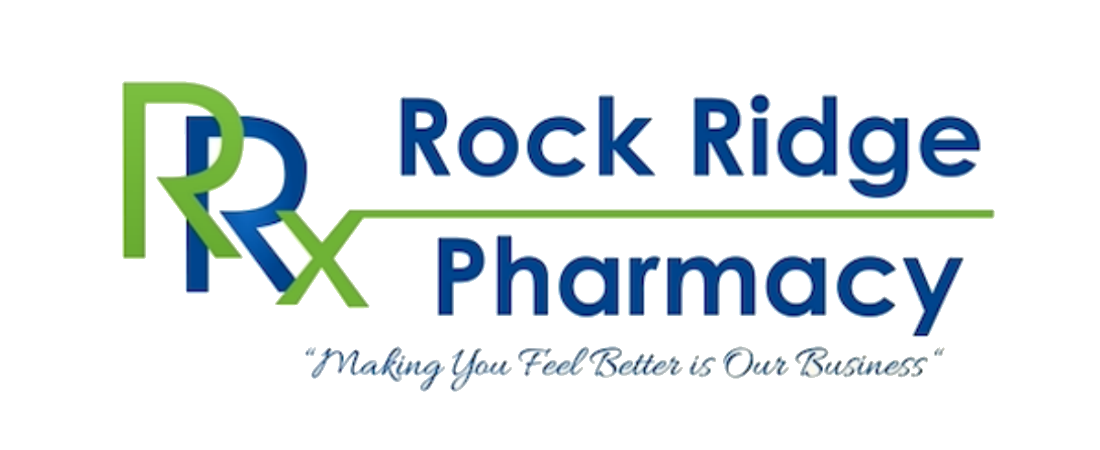Supplements have become a regular part of many people’s diet, whether it’s a multivitamin in the morning, probiotics after meals, or vitamin D drops during winter. But just because a supplement is available over the counter doesn’t mean it’s automatically safe, effective, or necessary.
Before reaching for the latest trending capsule or gummy, it’s important to pause and ask the right questions. From understanding your personal health needs to evaluating product quality, there are several factors that can determine whether a supplement will support your goals or fall flat.
If you’re thinking about adding something new to your regimen, here are seven essential things to consider before taking a supplement.
1. Know Why You’re Taking It
This may sound obvious, but it’s surprisingly common to start a supplement without a clear purpose, often based on a headline, TikTok trend, or recommendation from a friend. The truth is that supplements are most effective when taken with a specific health goal or deficiency in mind.
Are you addressing low vitamin D levels? Supporting digestion? Hoping to improve energy or immunity? Defining your "why" will help guide your decisions and avoid unnecessary or overlapping products.
2. Evaluate Your Diet First
Supplements are meant to fill gaps, not replace your healthy diet. If your meals are mostly balanced and rich in fruits, vegetables, proteins, and healthy fats, you may already be covering many of your nutritional bases.
However, if you’re on a restricted diet (like vegan, dairy-free, or low-FODMAP) or have limited access to whole foods, supplementation might be a smart move. The key is to treat supplements as an addition to a solid foundation, not a shortcut around it
3. Speak with a Healthcare Professional
One of the most important things to consider before taking a supplement is how it may interact with your medications or existing conditions. While many supplements are available without a prescription, that doesn’t mean they’re risk-free. Some nutrients can interact with medications or worsen existing health conditions.
A healthcare provider, especially one familiar with your medical history, can recommend appropriate dosages, identify potential interactions, and help you avoid over-supplementing. Even common nutrients like calcium, iron, or vitamin D can pose risks when taken in excess. That’s why professional guidance is always worth seeking out.
4. Read the Label Closely
Reading the label is one of the most overlooked things to consider before taking a supplement, but it can protect you from allergens, overdosing, or false claims. Make sure to:
- Check the serving size and dosage
- Understand the form of the nutrient (for example, D3 vs. D2)
- Avoid unnecessary fillers, colors, or sweeteners
- Confirm third-party testing or certification
For example, products like Super D3 Immune Support clearly outline what you’re getting and what you’re not. Labels matter. Take the time to read them.
5. Know That More Isn’t Always Better
When it comes to supplements, more is not always better. High doses can cause toxicity, stress the liver, or create imbalances with other nutrients.
Fat-soluble vitamins such as A, D, E, and K are stored in the body and can accumulate over time. Even water-soluble nutrients, like vitamin B6 or vitamin C, can have side effects at high doses.
Stick with clinically recommended ranges unless a healthcare provider suggests otherwise, and keep in mind that consistency usually beats intensity when it comes to results.
6. Choose High-Quality, Reputable Brands
The supplement industry is vast, and not all brands are created equal. Look for companies that provide:
- Transparent ingredient sourcing
- Clinical research support
- Third-party testing
- Pharmacist or practitioner oversight
A good example is Rock Ridge Pharmacy’s supplement collection, which includes formulations that are pharmacist-approved and curated for purity, potency, and safety.
7. Be Patient, and Track Your Progress
Supplements are not magic pills. They often take weeks or even months to show measurable effects, especially when working to correct a deficiency or support a long-term issue.
If you’re adding something new, give it time, but also track your symptoms or changes. Whether you notice improvements in energy, digestion, or sleep, these details can help you and your healthcare provider assess whether a supplement is working or if something needs adjusting.
Ending Note
Supplements can be incredibly helpful when used thoughtfully, but they’re not a one-size-fits-all solution. When evaluating the most important things to consider before taking a supplement, always start with your goals, your provider’s guidance, and the quality of the product itself.
If you’re ready to explore options backed by clinical insight, Rock Ridge Pharmacy offers a range of vitamins, minerals, probiotics, and immune support formulas to fit your goals. Every product is selected with safety, transparency, and results in mind so you can supplement with confidence.
Disclaimer: This article is for informational purposes only and does not substitute professional medical advice. Always consult with a licensed healthcare provider before starting or modifying any supplement regimen.





